6 Potential Health Benefits Of Hemp Milk, Nutrition, & Risks
Simple ideas to include this nutrition powerhouse in your health and wellness routine
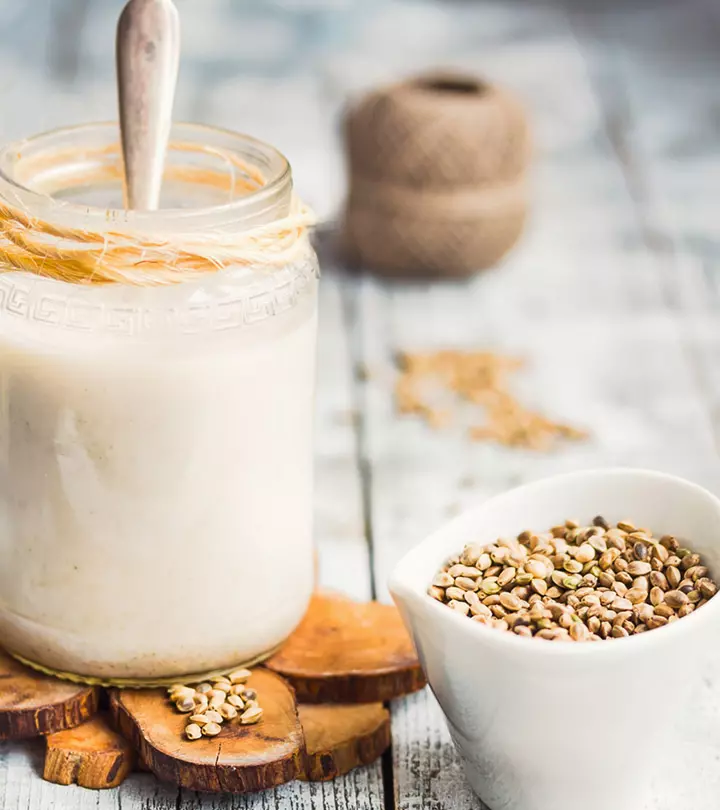
Image: Shutterstock
Hemp milk, made from the seeds of Cannabis sativa, is gaining popularity – and for a good reason. It has fewer calories than a few other plant-based milk varieties. It is replete with essential vitamins, minerals, and fatty acids, and may help reduce the risk of heart disease, strengthen bones, and improve skin health. It is also easy to make at home, allowing you to control what flavors and ingredients you want in your milk.
In this article, you will learn more about the science-backed health benefits of hemp milk, its potential risks, and how to prepare it at home. Keep reading.
 Know Your Ingredient: Hemp Milk
Know Your Ingredient: Hemp MilkWhat Is It?
A plant-based milk prepared by blending whole hemp seeds in water and has a nutty flavor.
What Are Its Benefits?
It may help reduce cholesterol and improve bone and heart health.
Who Can Consume It?
Anyone can consume this, especially people who are lactose intolerant and follow a vegan diet.
How Often?
You can consume 1 cup of hemp milk daily.
Caution
It may lower potassium levels and cause hives or skin rashes in some people.
In This Article
What Is Hemp Milk?
“Hemp milk has joined the plant-based milk scene and is being found to provide some unique benefits that other milk alternatives may not,” remarks Lisa Richards, a nutritionist and author of The Candida Diet.
Hemp milk is produced from the seeds of hemp, a cannabis plant. It has a nutty flavor, earthy undertones, and a creamy texture. But the difference between marijuana and hemp lies in their tetrahydrocannabinol (THC) content.
Dr. Shauna Hatcher, a certified nutritionist, says, “Hemp is legally classified as a cannabis plant containing 0.3 percent or less THC, whereas marijuana is defined as a cannabis plant containing more than 0.3 percent THC.”

The nutritional profile of hemp milk is mostly similar to that of other dairy-free options but is different in a few respects. Know more in the next section.
Key Takeaways
- Hemp milk is a good source of vitamins A, D, and B12 and minerals like phosphorus and zinc.
- It contains essential amino acids, reduces cholesterol levels, improves heart, bone, and skin health, and may combat vitamin B12 deficiency.
- However, it may cause allergic reactions in some.
- Hemp milk is free of gluten, soy, and lactose. It is ideal for vegans and those who don’t consume dairy products.
Nutritional Profile Of Hemp Milk
, a board-certified dermatologist, says one cup (250g) of original hemp milk contains the following nutrients:
- Calories: 130
- Protein: 4g
- Fat: 3g
- Carbohydrates: 20g
- Fiber: 1g
- Sugar: 15g
“Hemp milk is also a good source of vitamin A, vitamin D, vitamin B12, phosphorus, and zinc,” adds Dr. Chacon. Since hemp seeds are rich in omega-3 and omega-6 fatty acids, their milk contains these nutrients as well (1). It contains about 30% of the recommended daily vitamin D ratio and a good amount of calcium and iron (2).
How can the nutrients in hemp milk benefit your health? We discuss its six major health benefits in the next section.
6 Potential Health Benefits Of Hemp Milk
1. Has All Essential Amino Acids
Protein is made of 20 amino acids. Of these, nine are essential amino acids that the body cannot produce on its own. A study found that hemp seed extracts contain all the nine essential amino acids (3). Therefore, these seeds contain complete protein (a source that gives all essential amino acids).
 Trivia
Trivia2. May Help Reduce Cholesterol Levels
The fatty acids in hemp milk help reduce cholesterol levels. Rebecca Kerkenbush, a registered dietitian with over 20 years of expertise, says, “Linoleic acid (LA or omega-6) and alpha-linolenic acid (ALA or omega-3) are healthy essential fatty acids (unsaturated fat). Replacing saturated fat with unsaturated fat can lower cholesterol levels.”
The ratio of LA to ALA in hempseed extracts lies between 2:1 and 3:1, which is considered ideal in a healthy diet (3).
3. May Improve Heart Health

Hemp seeds and milk have an essential amino acid called arginine. Arginine is an integral part of the production of nitric oxide (NO), which plays a major role in circulatory system health (3).
The C-reactive protein (CRP) produced by the liver (due to inflammation) is associated with cardiovascular diseases (CVDs). A study found that consuming arginine-rich foods may help reduce CRP levels in the blood, reducing the risk of CVDs (4).
Besides, a study found that a diet high in linoleic acid may decrease total cholesterol levels by 15% and LDL cholesterol by 22% in middle-aged male subjects. This also helps protect against heart disease (3).
4. May Help Fight Vitamin B12 Deficiency

Hemp milk available commercially is usually fortified with vitamin B12. So, as Dr. Chacon suggested, it is a good source of this vitamin.
Adequate intake of vitamin B12 may help avoid the risk of
- Low platelet, white blood cell, and red blood cell counts
- Megaloblastic anemia (identified by large, abnormally nucleated red blood cells)
- Glossitis (inflammation) of the tongue
- Dementia
- Infertility
- Palpitations (abnormal heart rate or rhythm)
- Pale skin
- Fatigue
Vitamin B12 intake
may also help prevent neurological changes, including loss of feeling in your hands and feet. These changes otherwise can even go undetected as there can be no warning signs (5).
5. May Improve Bone Health

Commercial hemp milk is fortified to be a good source of calcium, an important mineral for several bodily functions. For example, calcium intake helps strengthen bones, teeth, and muscles, and improves blood flow in the blood vessels. It also helps release hormones and enzymes responsible for almost all bodily functions (6).
“According to national nutrition studies, a majority of individuals are not obtaining enough calcium to build and maintain strong bones,” remarks Melissa Collins, a food scientist at Perfect Brew. “Calcium in enhanced hemp milk can help you keep your bones strong and healthy and reduce the risk of osteoporosis, a bone-weakening condition that can lead to fractures,” she adds.
6. May Improve Skin Health

The omega-3 and omega-6 fatty acids in hemp milk support the skin’s immune response. These unsaturated fatty acids show promise as safe adjunctive treatments for skin disorders, including atopic dermatitisi An inflammatory, itchy skin condition usually manifests as a rash on the arms and behind the knees. , psoriasisi A non-contagious autoimmune disorder where skin cells accumulate and develop into scales and dry, itchy areas. , acne vulgaris, systemic lupus erythematosusi A persistent condition when the immune system attacks itself, which leads to fatigue and joint pain. (an autoimmune disease), and melanomai A severe type of skin cancer that can occur anywhere on the body and originates from melanin-producing cells. and non-melanoma skin cancer. Besides, they were also found to promote wound healing (7).
The skin’s epidermal layer actively metabolizes polyunsaturated fatty acids. Consequently, a study suggested that an omega-6 fatty acid deficiency can cause scaly skin and excessive water loss through the epidermis (8). Similarly, omega-3 fatty acids offer photoprotection and reduce the risk of skin diseases caused due to UV rays (9).
While hemp milk has some important benefits, it also may pose potential risks. What are they?
Potential Risks Of Hemp Milk

Hemp-based food products are considered less allergenic than those from other edible seeds (10). However, there is not enough scientific evidence to back this claim.
Rebecca Kerkenbush says, “As with all foods, there is a chance that one may be allergic to hemp seeds. However, hemp milk is soy-free, gluten-free, and lactose-free. It may be suitable for those that avoid dairy products or are vegan.” This suggests that hemp milk is generally safe for consumption.
Many plant-based milk options are available on the market now. How does hemp milk compare with them?
Is Hemp Milk Better Than Other Dairy-Free Options?
As stated, hemp milk is naturally gluten-free and contains fewer calories per serving than most other non-dairy options (11). It is also the only plant-based milk that is a complete protein source.
So, hemp milk could be the right fit for you if you prefer a nuttier, earthier flavor and better benefits.
Making hemp milk at home is easy, and you can also add flavors of your choice. Continue reading to know what goes into making this plant-based milk.
Making Hemp Milk At Home
What You Will Need
(Makes 8 cups)
- 1 cup of hulled hemp seeds
- 6-8 cups of water
- 2 pinches of sea salt
Optional
- 1 tablespoon of honey/maple syrup or2 pitted black dates for sweetness
- 1 teaspoon of vanilla essence
Process
- Whip up the hemp seeds, water, salt, and any other add-ins you like in a high-speed blender for about a minute or until the mixture seems smooth without lumps.
- Taste the milk and adjust it to your taste.
- You can either strain it or serve it as is. If straining, use a nut milk filter or a thin cloth.
To add some flavor to your milk, use
- 4 tablespoons of cocoa powder for chocolate milk
- ½ cup of fresh berries for berry milk
Reduce the amount of water for a more creamy consistency or if you want to whip up a smoothie. You can store the milk in a sealed container for five days.
Roxanne, a stay-at-home mom blogger, shares how she successfully found the right recipe to make hemp milk at home. She uses hulled hemp hearts blended with dates and vanilla. She writes, “I like Hemp milk! It’s not as thick as regular milk, but with the dates and the vanilla, the flavor is there, and it’s really good (i).” She adds that the trick is to let the milk strain on gravity rather than squeezing it out of the filter bag, which might make the milk slimy. She mixed the oat and hemp milk and consumed it with granola.
 Quick Tip
Quick TipNote: Homemade version of hemp milk does not contain nutrients like calcium and vitamin D otherwise available in fortified hemp milk.
You also can use hemp milk to prepare certain delicious and nutritious recipes. Discover a couple of such recipes in the next section.
Hemp Milk Recipes
1. Hemp Milk Smoothie
Ingredients
- 1 cup of hemp milk
- 1 tablespoon of honey
- 1 ripe banana
- 1 cup of mixed berries
- 1 tablespoon of chia seeds
Process
- Blend all the ingredients until smooth for a refreshing hemp milk smoothie.
- Serve chilled.
2. Hemp Milk Chia Pudding
Ingredients
- 1 cup of hemp milk
- 1 tablespoon of honey
- ¼ cup of chia seeds
- 1 teaspoon of vanilla extract
- Sliced fruits (as toppings)
Process
- Mix chia seeds, hemp milk, vanilla extract, and honey in a bowl.
- Let the mixture sit in the refrigerator for at least 2 hours. Keep stirring occasionally, until it thickens into a pudding-like consistency.
- Top with fresh sliced fruits before serving.
Apart from smoothies and chia pudding, there are various other ways to use hemp milk. Scroll down to learn about them.
Other Ways To Add Hemp Milk To Your Diet
Here are some simple ways to incorporate hemp milk into your diet:
- Use it as a creamy dairy-free alternative for your coffee, latte, or tea.
- Pour it over cereal or granola for a hearty breakfast.
- Add it to your pancake or waffle batter.
- Use it as a substitute for dairy milk in baked goods like muffins and cookies.
- Use it as a base for creamy soups or sauces like alfredo.
- Use it to make dairy-free ice cream.
Infographic: How To Use Hemp Milk?
Hemp milk is loaded with healthy fats and proteins. It is the best alternative for those with lactose intolerance, and you can use it in many ways for various recipes. Click on the infographic below to learn how to use hemp milk.
Some thing wrong with infographic shortcode. please verify shortcode syntax
Hemp milk is a delicious, vegan, lactose-free, and nutritious alternative to whole cow milk. It is packed with omega-3 and omega-6 fatty acids, amino acids, vitamins, minerals, and beneficial compounds. Hemp milk benefits range from strengthening bones to promoting heart health. It may help lower blood cholesterol levels and is good for replenishing your vitamin B12 levels. The milk is also known for its sustainability, making it an environment-friendly alternative to cow’s milk. You can substitute regular cow milk with hemp milk in smoothies, breakfast cereals, or coffee. However, it is not recommended to consume it in excess as hemp milk may trigger allergic reactions. Consult your doctor if you experience any adverse effects.
Frequently Asked Questions
Which is better: hemp or almond milk?
Hemp milk may be a better choice due to its higher protein content. However, almond milk benefits are attributed to its low calorie and high vitamin E content, making it a great option to support skin health and body weight. So, while hemp milk offers more protein, almond milk’s light texture and richer nutrient profile may be preferable for some.
Is hemp milk better than soy milk?
Hemp milk is almost similar to soy milk in terms of its calorie and protein content. However, soy milk benefits include being a great source of protein, essential amino acids, and vitamins like B12, while hemp milk contains omega-3 and omega-6 fatty acids that further benefit health, giving it an edge for those looking for added nutritional value. Both options are nutritious, but your choice depends on which specific nutrients you’re seeking.
Is hemp milk healthier than oat milk?
Oat milk is high in fiber and carbohydrates, whereas hemp milk is rich in fats and protein. Both the varieties of milk have their own set of benefits. The choice entirely depends on the individual’s needs and health condition.
Is hemp milk good for sleep?
Yes, hemp milk aids in promoting sleep quality because of its melatonin content (a hormone that regulates the sleep cycle).
Illustration: Potential Health Benefits Of Hemp Milk, Nutrition, & Risks
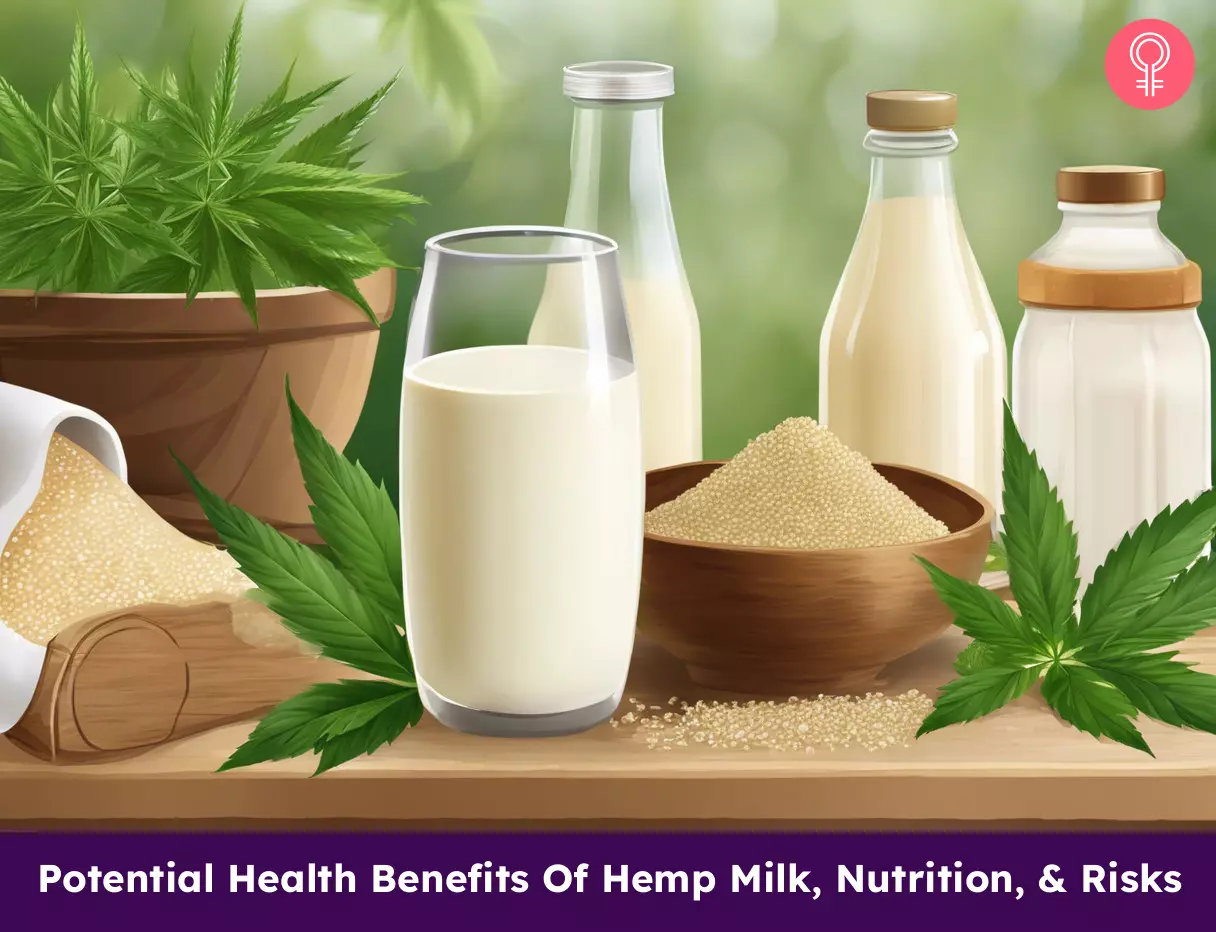
Image: Stable Diffusion/StyleCraze Design Team
Discover the numerous benefits of hemp milk in the video below. From its rich nutrients to potential health advantages, explore why hemp milk is a valuable addition to your diet. Watch now and nourish your body!
Personal Experience: Source
StyleCraze's articles are interwoven with authentic personal narratives that provide depth and resonance to our content. Below are the sources of the personal accounts referenced in this article.
i. MAKING “MILK”https://verbenasimpleliving.wordpress.com/
References
Articles on StyleCraze are backed by verified information from peer-reviewed and academic research papers, reputed organizations, research institutions, and medical associations to ensure accuracy and relevance. Read our editorial policy to learn more.
- The cardiac and haemostatic effects of dietary hempseed
https://www.ncbi.nlm.nih.gov/labs/pmc/articles/PMC2868018/ - Canapa sativa L. and Moringaoleifera as Naturally Functional Beverages: Innovative Trends
https://www.sciencedirect.com/topics/agricultural-and-biological-sciences/hemp-milk - The cardiac and haemostatic effects of dietary hempseed
https://www.ncbi.nlm.nih.gov/labs/pmc/articles/PMC2868018/ - Association between dietary arginine and C-reactive protein
https://www.ncbi.nlm.nih.gov/pubmed/15723738 - Vitamin B12 – Health Professional Fact Sheet
https://ods.od.nih.gov/factsheets/VitaminB12-HealthProfessional/ - Calcium – Consumer
https://ods.od.nih.gov/factsheets/Calcium-Consumer/ - Healing fats of the skin: the structural and immunologic roles of the omega-6 and omega-3 fatty acids
https://pubmed.ncbi.nlm.nih.gov/20620762/ - Metabolism of polyunsaturated fatty acids by skin epidermal enzymes: generation of antiinflammatory and antiproliferative metabolites
https://pubmed.ncbi.nlm.nih.gov/10617998/ - Omega-3 Polyunsaturated Fatty Acids: Benefits and Endpoints in Sport
https://www.ncbi.nlm.nih.gov/pmc/articles/PMC6357022/ - Production digestibility and allergenicity of hemp (Cannabis sativa L.) protein isolates
https://pubmed.ncbi.nlm.nih.gov/30599980/ - The Seed of Industrial Hemp (Cannabis sativa L.): Nutritional Quality and Potential Functionality for Human Health and Nutrition
https://www.ncbi.nlm.nih.gov/labs/pmc/articles/PMC7400098/
Read full bio of Gabrielle Kane
Read full bio of Gayathri Vijay
Read full bio of Ravi Teja Tadimalla
Read full bio of Payal Karnik





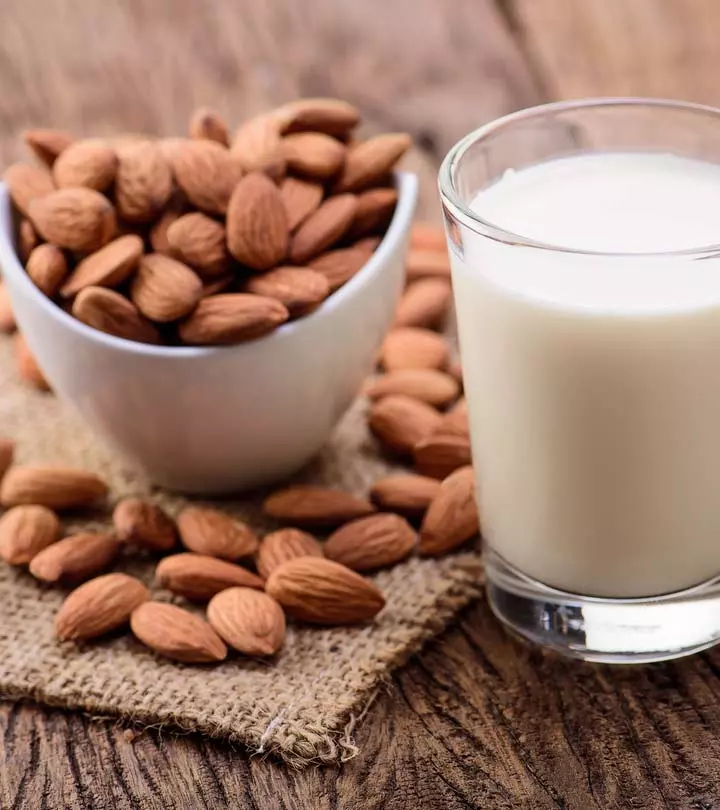
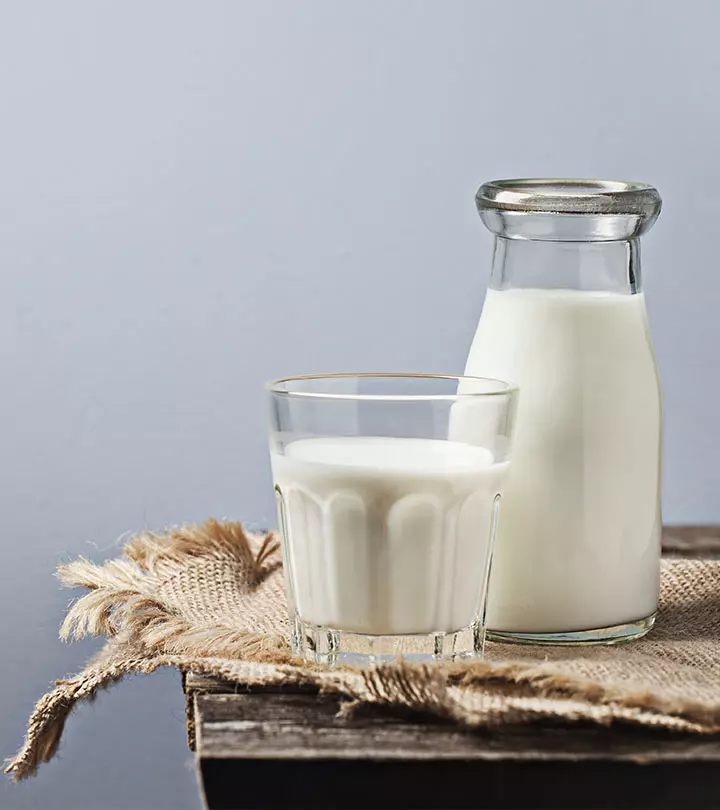
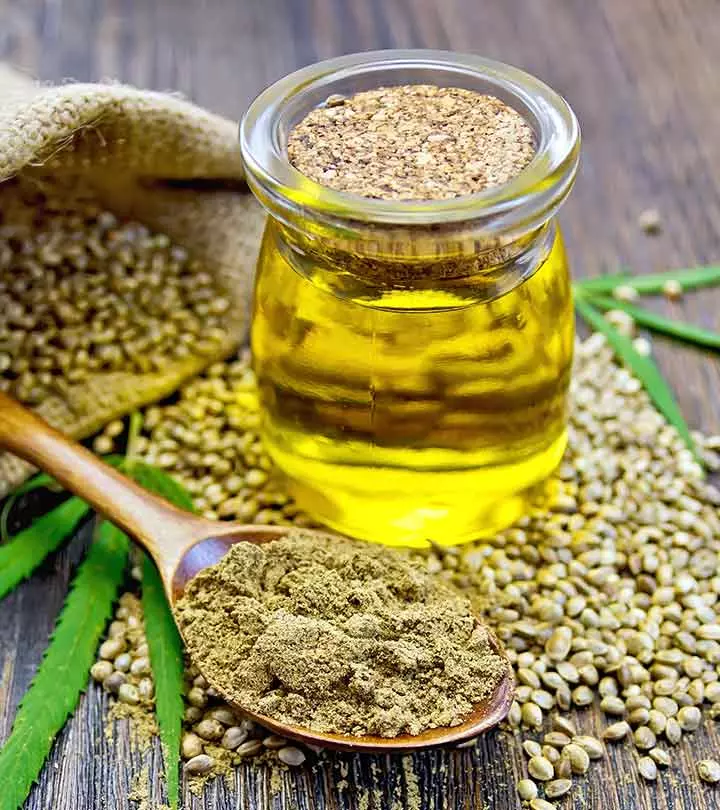

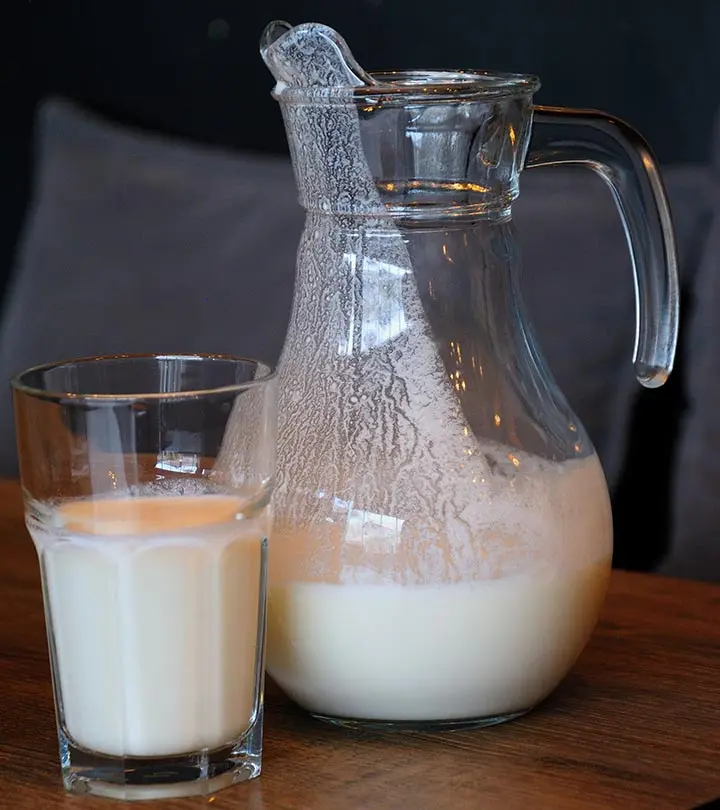


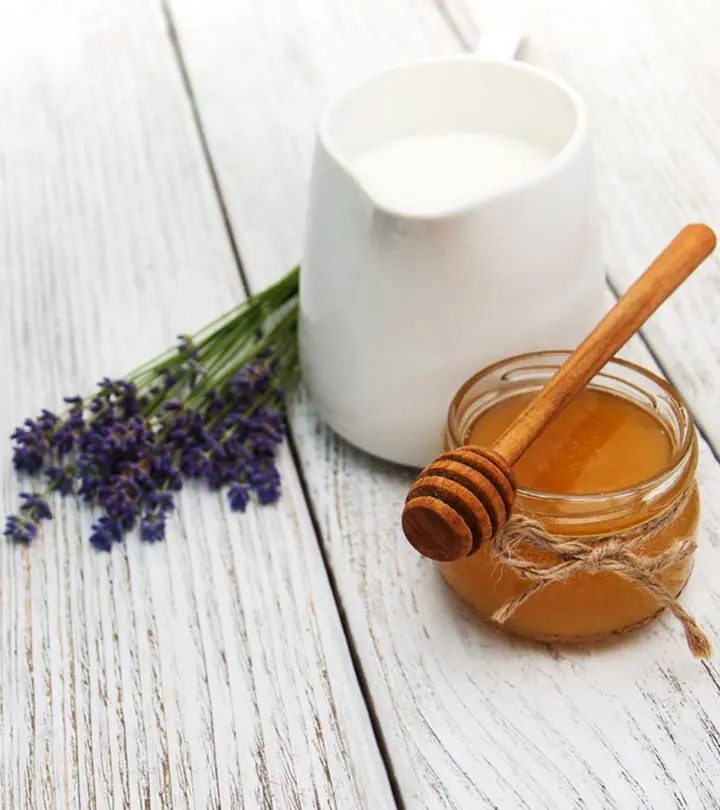
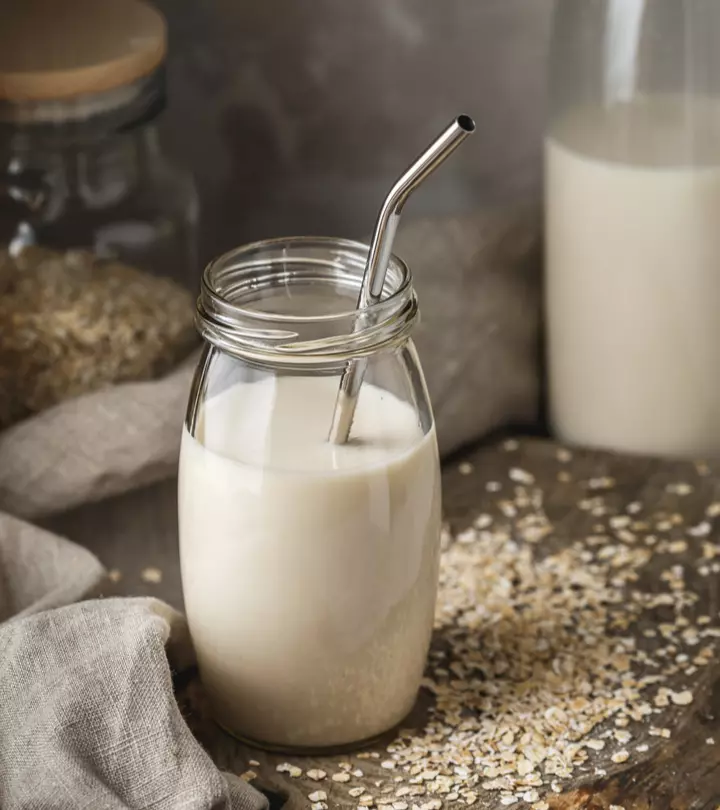
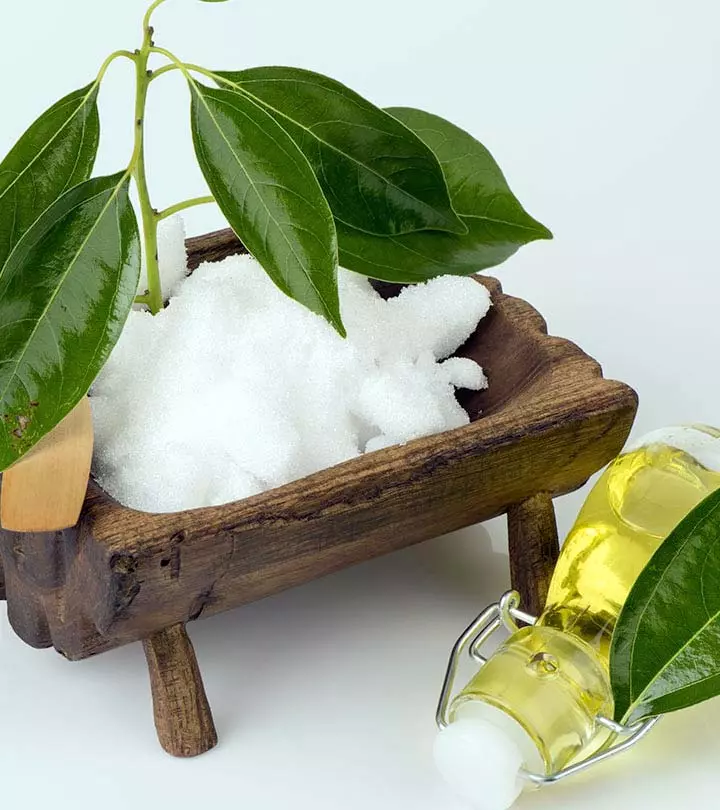
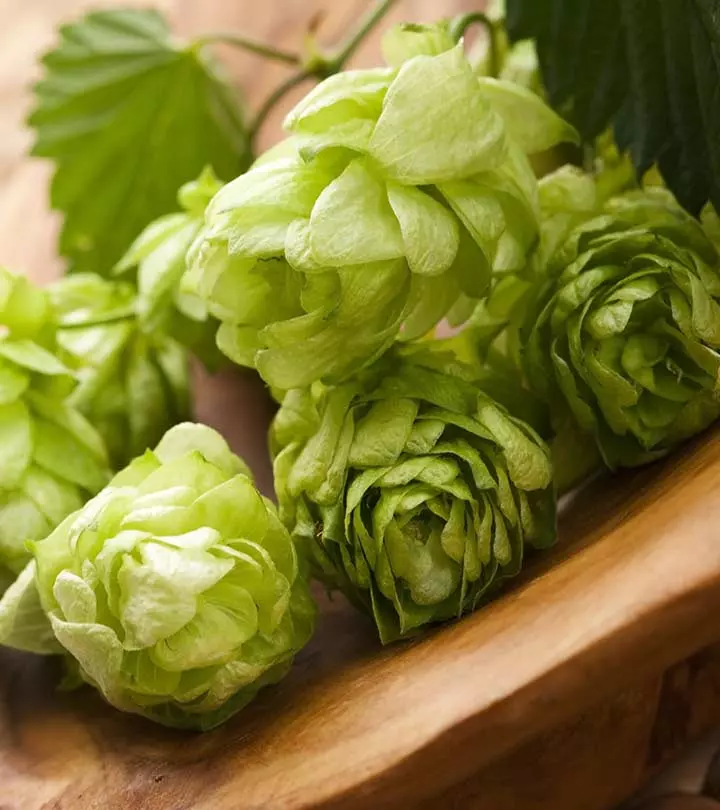


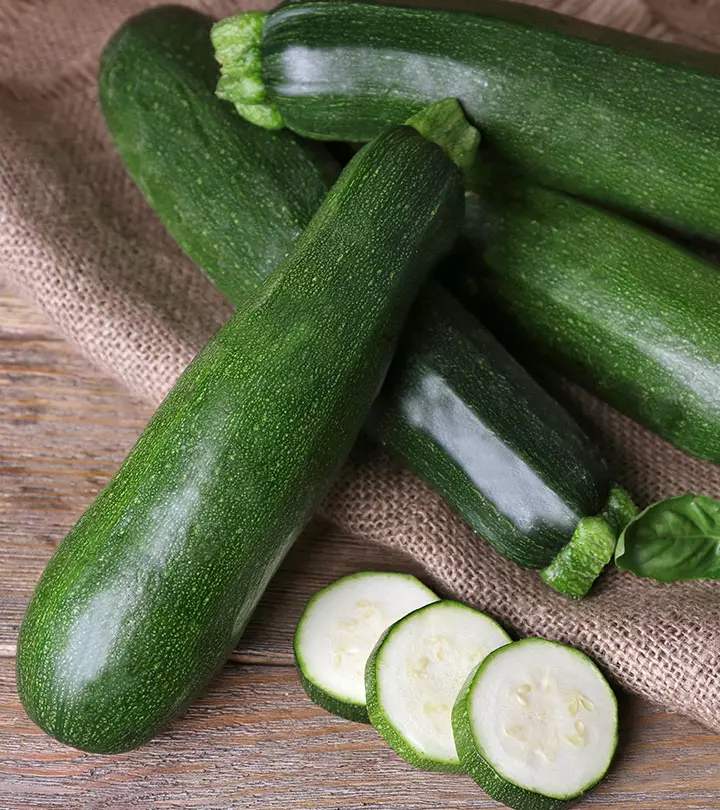
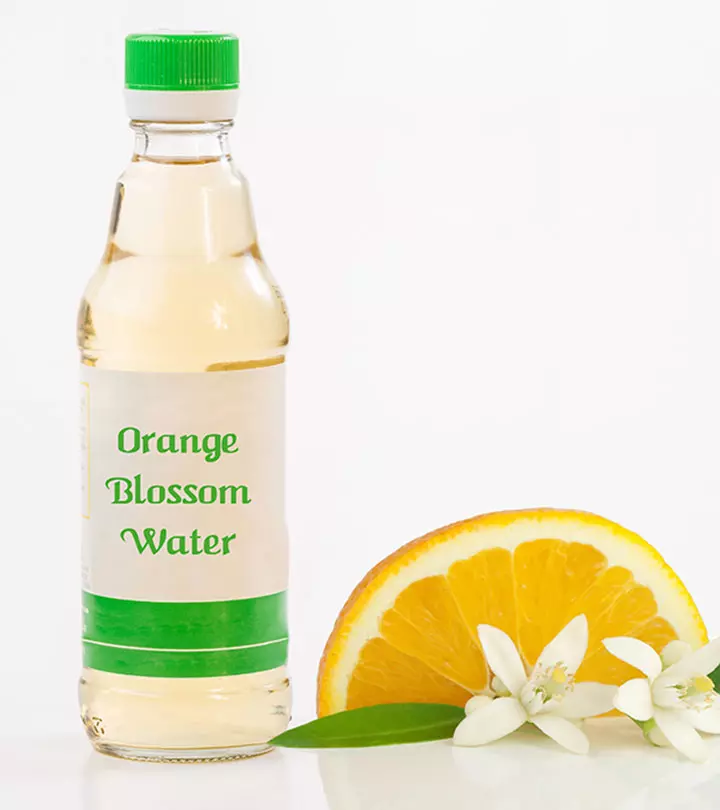
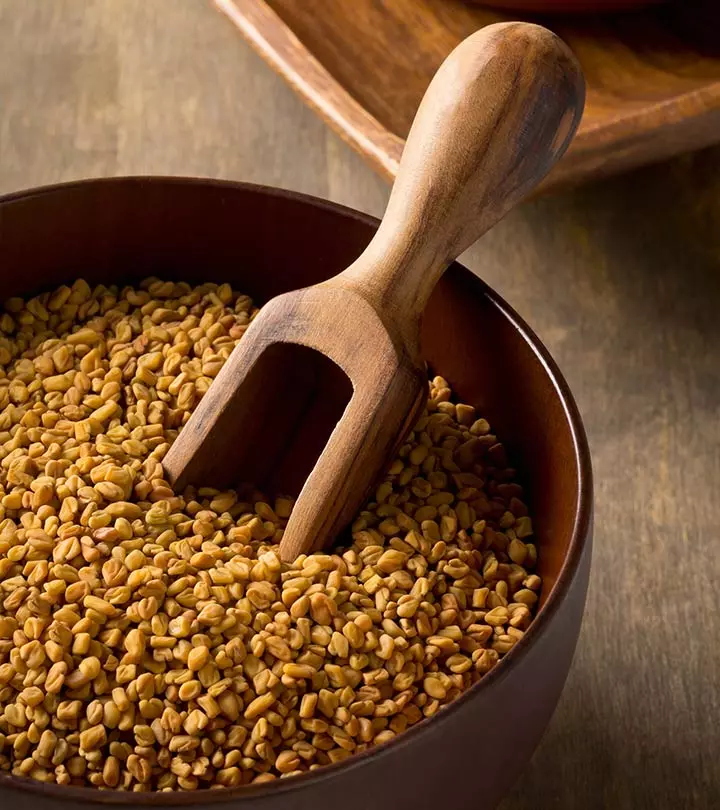
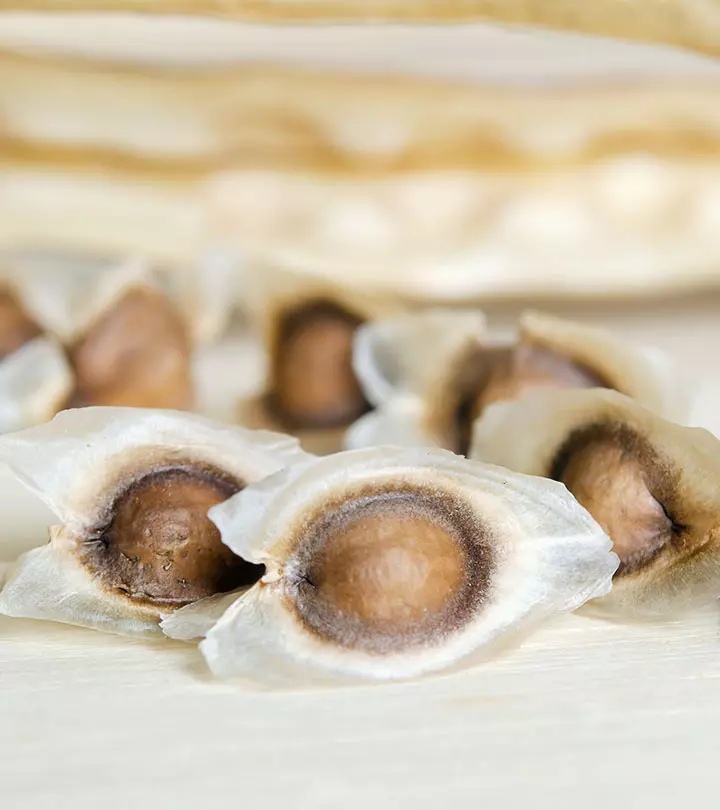
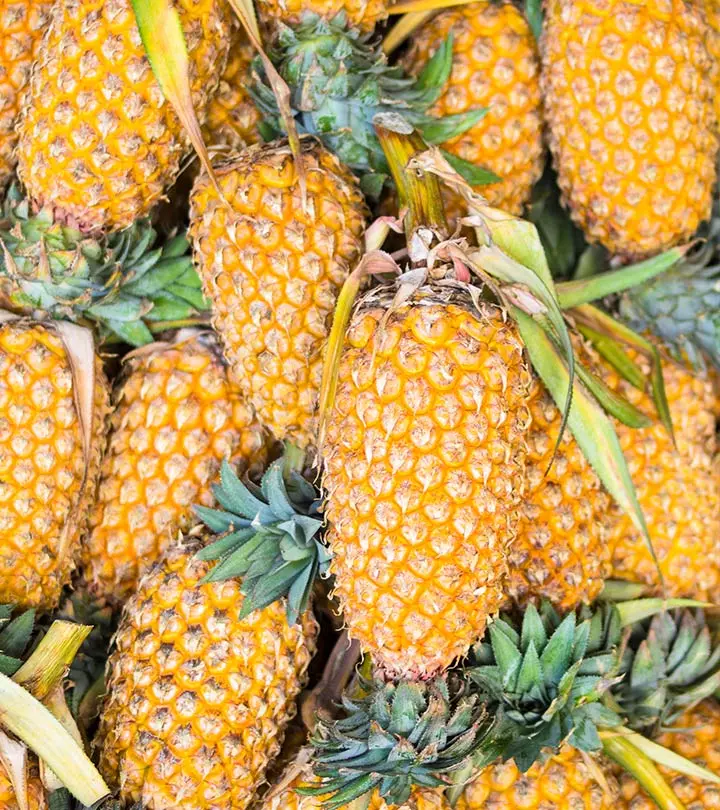
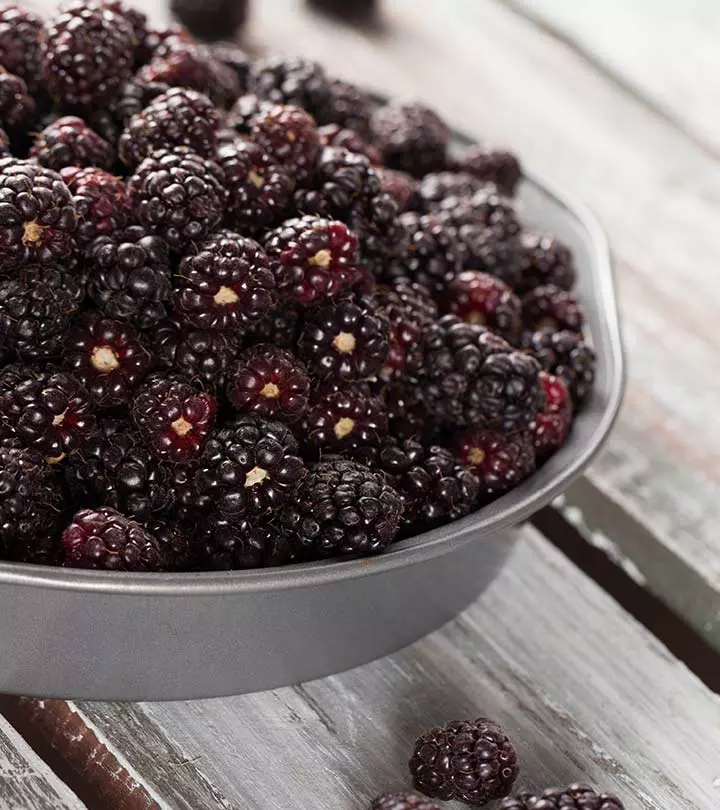

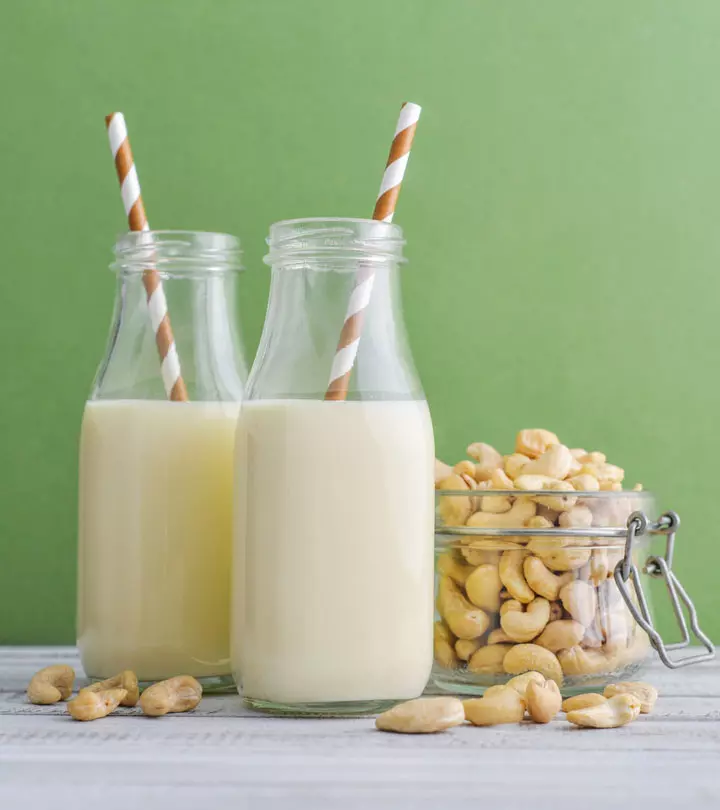
Community Experiences
Join the conversation and become a part of our empowering community! Share your stories, experiences, and insights to connect with other beauty, lifestyle, and health enthusiasts.